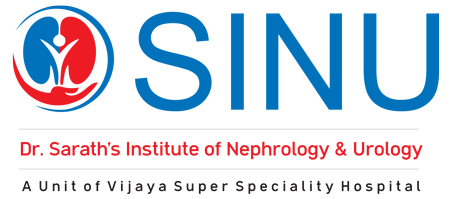What is Polycystic kidney disease (PKD)?
Polycystic kidney disease (PKD) is an inherited disorder in which clusters of cysts develop primarily within your kidneys, causing your kidneys to enlarge and lose function over time. Clusters of fluid-filled sacs, called cysts, develop in the kidneys and interfere with their ability to filter waste products from the blood. The cysts vary in size, and they can grow very large. The growth of cysts causes the kidneys to become enlarged and can lead to kidney failure. Having many cysts or large cysts can damage your kidneys. Polycystic kidney disease can also cause cysts to develop in your liver and elsewhere in your body.
What is the symptoms polycystic kidney disease (PKD)?
Polycystic kidney disease symptoms can include:
- High blood pressure
- Back or side pain
- Blood in your urine
- A feeling of fullness in your abdomen
- Increased size of your abdomen due to enlarged kidneys
- Headaches
- Kidney stones
- Kidney failure
- Urinary tract or kidney infections
What are the types of Polycystic kidney disease?
The two main types of Polycystic kidney disease are
Autosomal dominant Polycystic kidney disease (ADPKD), which is usually diagnosed in adulthood
Symptoms of ADPKD include:
- Headaches
- Hematuria (blood in the urine)
- High blood pressure
- Pain in your back or sides
Autosomal recessive Polycystic kidney disease (ARPKD), which can be diagnosed in the womb or shortly after a baby is born
Signs that a fetus (unborn baby) or newborn may have ARPKD include:
- Enlarged kidneys.
- Growth failure (small size or low birthweight).
- Low amniotic fluid level, which might mean a baby isn’t producing enough urine in the womb.
How is Polycystic kidney disease treated?
These days there is no cure for Polycystic kidney disease. Recent studies suggest that drinking plain water throughout the day and avoiding caffeine in beverages can slow the growth of cysts. In the meantime, many supportive treatments can be done to control symptoms, help slow the growth of cysts, and help prevent or slow down the loss of kidney function in people with PKD. These include:
- On time treatment with antibiotics of a bladder or kidney infection
- Plenty of fluid when blood in the urine is first noted
- Drinking lots of plain water throughout the day
- Avoiding caffeine in all beverages
- Keep a healthy blood pressure.
- Keep a healthy blood sugar level.
- Keep a healthy weight.
- Follow a low-salt, low-fat diet.
- Limit alcohol.
- Do not smoke or use any tobacco product
- Exercise for at least 30 minutes a day most days of the week.
- Take all prescription medicines as your doctor tells you to.
- Do not take more than the recommended dose of over-the-counter medicines.

